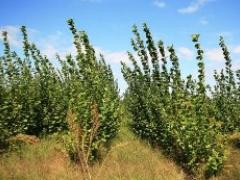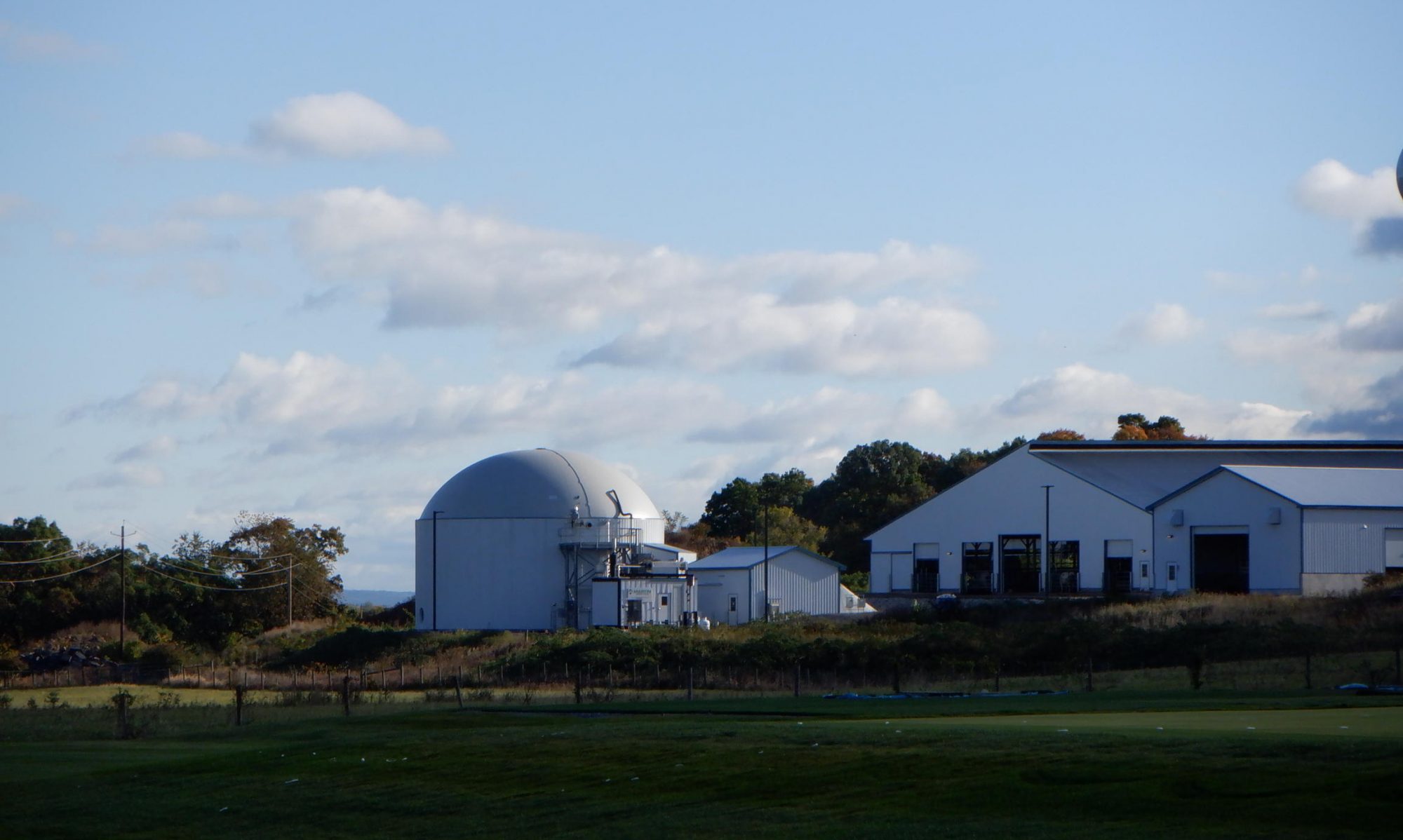 A thorough bioenergy curriculum for all audiences, created by over 40 university specialists.
A thorough bioenergy curriculum for all audiences, created by over 40 university specialists.This curriculum from the Bioenergy Training Center was created by over 40 university specialists in the U.S. North Central region to provide unbiased, researched and peer-reviewed information for this emerging field.
Targeted for Extension and other community educators, these resources also provide valuable information for farmers, landowners, community leaders, industry and the inquisitive public.
Online courses are offered as modules, where learners can choose to study sequentially or with focus on specific topics. Each comprehensive module includes learning objectives, lessons, background and guiding questions, supporting resources, and self-quiz sections. The Sustainable Bioenergy Course features three community assessment tools to encourage participation in decision making about energy alternatives. (All materials are available in PDF download format.)
 Poplar Feedstock at KBS. Photo: Dennis Pennington, MSU.
Poplar Feedstock at KBS. Photo: Dennis Pennington, MSU.

Note: Follow the Module links below to get you to the curriculum page, then click links on the orange bar to “drill in” to the desired content.
COURSE 1: Bioenergy & Sustainability
The introductory series presents core topics and key concepts around bioenergy generation and environmental sustainability. The curriculum covers a wide range of issues, including sustainability concerns, technical aspects of bioenergy generation, bioenergy feedstock production, water quality, and community engagement processes to assist communities in understanding the implications of bio-based alternative energy.
BIOEN1 – Intro to Bioenergy
This module provides background information on bioenergy, its development, uses and economic, social and ecological impacts. It provides an introduction to key concepts, science and policy related to biomass supply.
Resources enhance understanding of why bioenergy development is being promoted, and of the potential benefits and challenges of bioenergy. This module is intended to enhance the breadth and depth of the reader’s vocabulary related to renewable energy and sustainability.
- Unit 1.1: Introduction to Bioenergy
- Unit 1.2: Bioenergy Products, Feedstocks, Co-Products & By-Products
- Unit 1.3: Economic, Social and Ecological Impacts of Bioenergy at Local, National and Global Levels
- Unit 1.4: Current and Emerging Challenges to Bioenergy Development
BIOEN2 – Bioenergy Crop Production & Harvesting
This module provides information on the production, harvesting, storage, and aggregation of bioenergy crops suitable for the North Central Region (many of which are suitable for other regions as well). Much of the research done on these crops is preliminary in nature and based on replicated trials at research plots. As growers experiment with these crops, understanding of growing requirements and best management practices will increase.
- Unit 2.1: Bioenergy Crop Production: Marketing and Economics
- Unit 2.2: Bioenergy Crop Production: A Crop-by-Crop Analysis
- Unit 2.3: Bioenergy Crop Production: Best Management Practices for Protecting Soil, Water & Wildlife
BIOEN3 – Water Resources: Issues & Opportunities
This module addresses anticipated impacts on water quality and quantity from bioenergy crop production and processing. Topics addressed include concerns with landscape conversion (from CRP or fallow land to intensive crop production), downstream impairment of water bodies, best management practices for bioenergy crop production, and water conservation in ethanol processing.
- Unit 3.1: Introduction
- Unit 3.2: Watershed Level Impacts
- Unit 3.3: Water Use in Bioenergy Production
- Unit 3.4: Policy Options & Implications
BIOEN4 – Community Economic Development
This module considers a wide range of community interests and concerns related to bioenergy generation, with specific attention to sustainability issues and opportunities. The curriculum suggests strategies that create meaningful avenues for community participation in discussions about bioenergy development.
- Unit 4.1: Introduction to Community Issues in Bioenergy Development
- Unit 4.2: Community Participation in Renewable Energy Development
- Unit 4.3: Roles for Extension Educators
